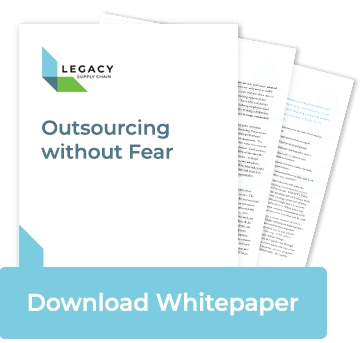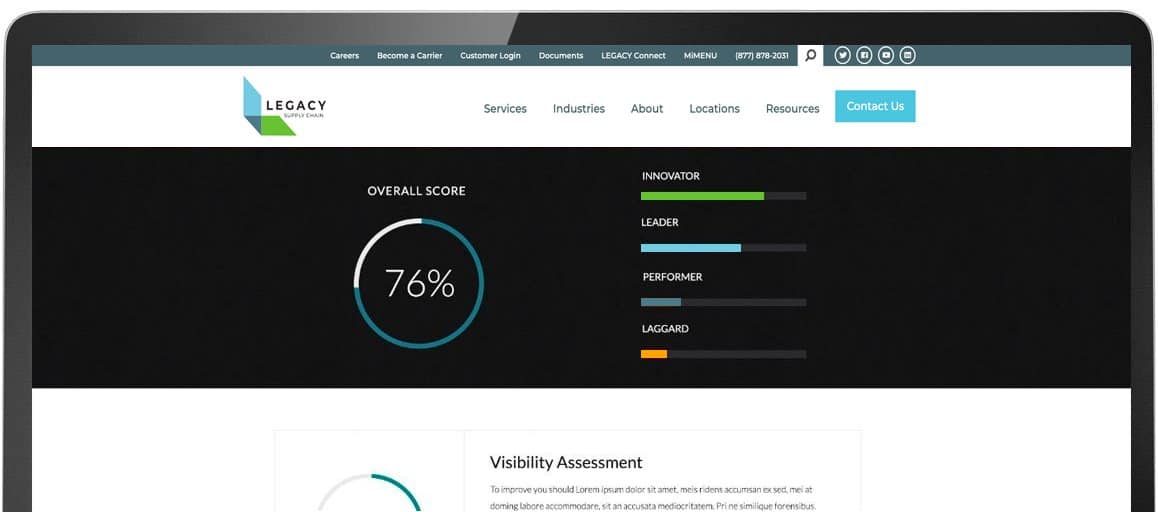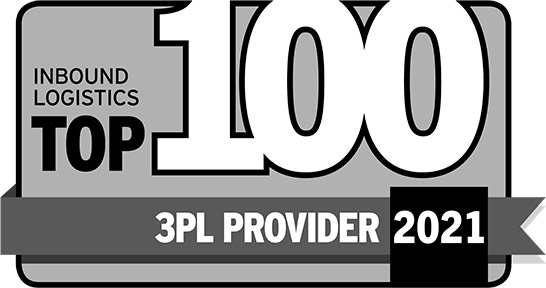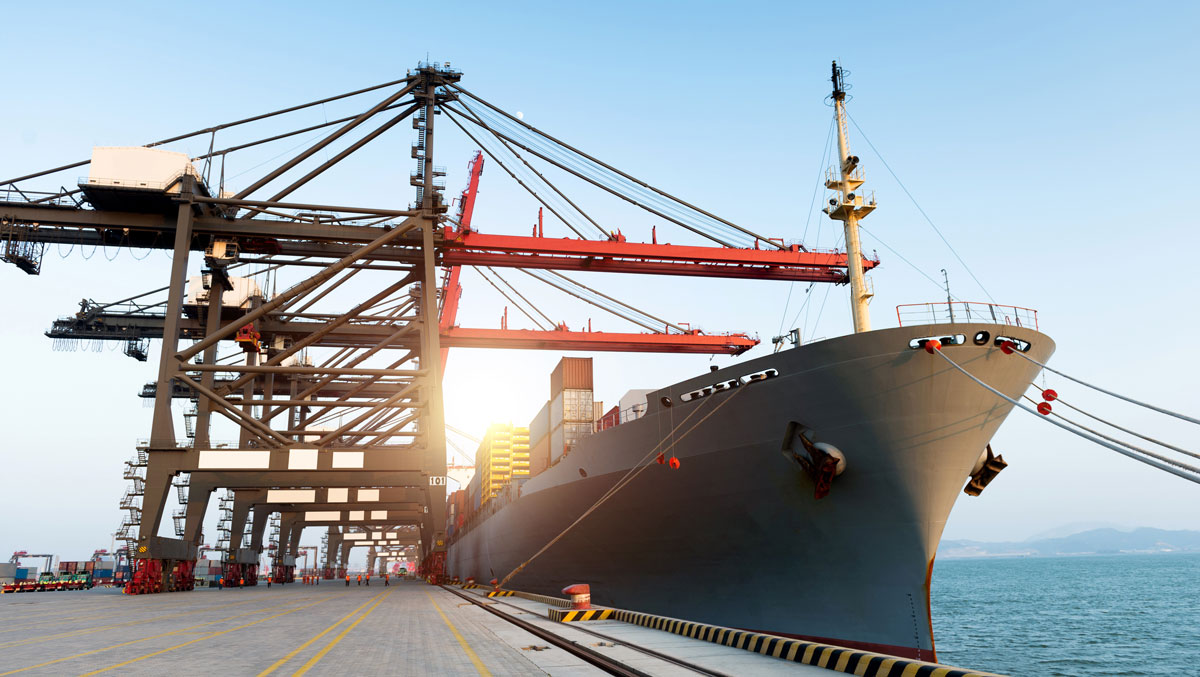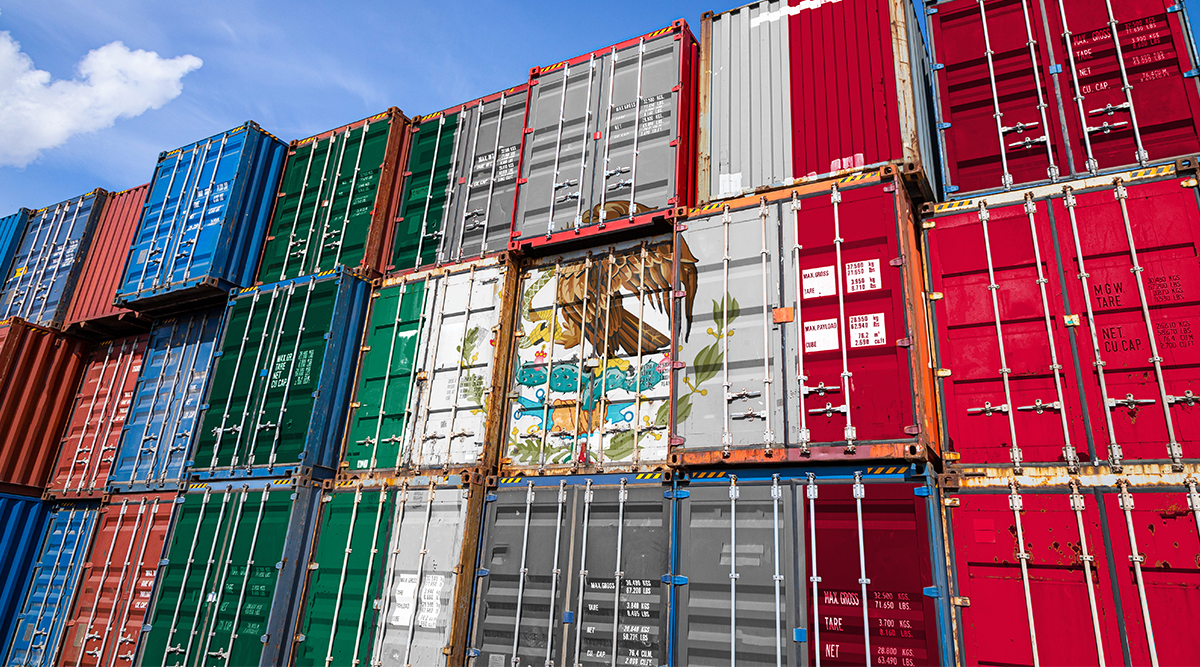Top 3 Reasons For A Large Shipper To Use An NVOCC for International Transportation
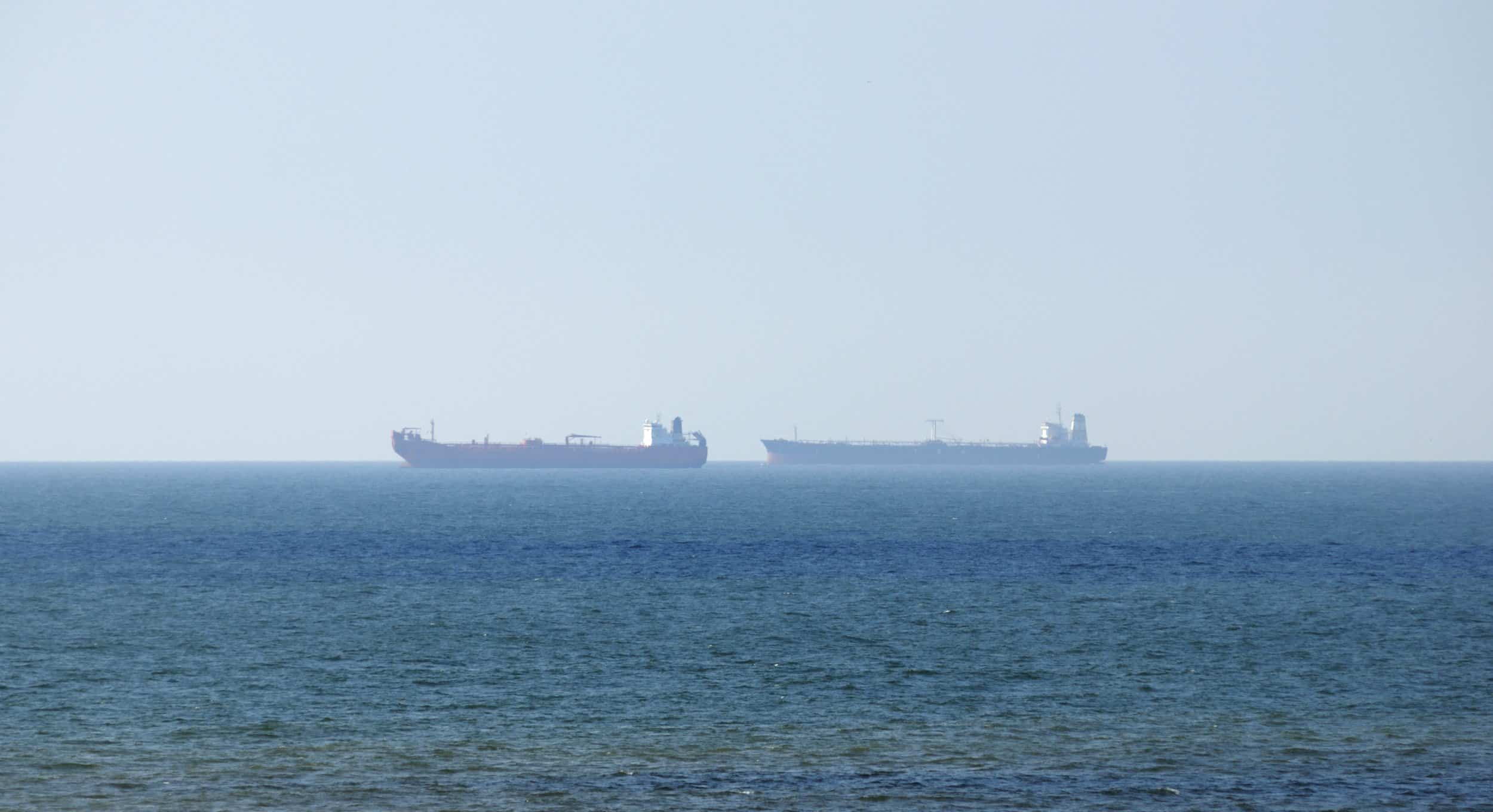
As a company with enough volume to hold your own direct carrier contracts, why should you consider an NVOCC for international transportation? The flexibility of NVOCCs make them particularly attractive to mid-sized companies, but larger firms doing a high volume of supply chain transport also need flexible options.
Challenges for large shippers:
- Locked into carrier contracts that inhibit shopping for competitive rates
- Potential labor unrest in ocean, dock, and trucking industries
- Fluctuating supply and demand
- Shipping rate volatility, particularly with rising fuel costs
- Unpredictable capacity, often around holidays or peak shipping times
Having a responsive partner specializing in international logistics with a network of diverse resources can help to solve these challenges.
Here are the top reasons you should consider an NVOCC in 2014:
Risk Mitigation with Diversified Carrier Mix
Being locked into a contract with a carrier may save you money under normal circumstances, but market conditions often shift, making direct carrier contracts a potential risk in the face of ocean freight volatility.
Transportation needs may suddenly arise that are outside the scope of your usual contract. Your carrier may pull ships to decrease capacity or the docks they use may go on strike. Unforeseen circumstances or breakdowns in communications could leave your containers at a pier, accruing storage fees.
Diversifying your carrier mix and having nimble options is a necessity. NVOCCs have the adaptability and resources to neutralize these risks and ensure a smooth delivery process, while maintaining competitive pricing.
Learn about Our Experience in Dynamic Supply Chain Environments >
Supply Chain Insight from Expert Market Forecasting
Analyzing the many varied reports on industry trends, pending labor negotiations, uncertain capacity surplus or demand, fuel price volatility, and the impact of a host of other influencers on the international transportation market can be daunting. Those without specific expertise in global markets will not be able to manage costs effectively.
NVOCCs have relationships with a network of diverse carriers, truckers, local trade organizations, etc., that position them to read these indicators and interpret them with authority.
A properly credentialed NVOCC with these trusted longtime relationships can ascertain what risks are most likely to impact your supply chain, forecast costs, and recommend solutions. Additionally, a proactive NVOCC will plan and forecast to help your business take advantage of the volatile transportation landscape.
Supply Chain Visibility through High-touch Service
Steamship carriers are simply unable to give you consistent communication and visibility throughout the entire transport process. Most trusted NVOCCs will give you a dedicated, single point of contact that will be in constant communication with your logistics department as your products go through points of origin, Customs, into destination ports, onto trucks, and into your warehouses. It’s crucial that communication between points of transition is handled responsively to avoid inaccuracies, delays, storage fees, etc.
Your NVOCC partner will be familiar with your specific needs and be able to anticipate when you will need alternative options—and be able to deliver those flexible options to you.
Risk mitigation, expert forecasting, and high-touch service are the top reasons to choose an NVOCC partner this year. Find out how LEGACY’s Global Logistics Solutions can improve your supply chain performance.
Get Insights. Stay Ahead.
Get the latest news and insights via email on warehouse improvement, transportation optimization, labor strikes and international shipping rate changes.Popular Posts
Search Posts
-
Global Momentum Builds for Charge on Global Shipping Sector’s CO2 Emissions
A growing coalition of 47 countries, including key players like the European Union, Canada, Japan, and various Pacific Island nations, is...
+ Read more -
5 Key Components in International Contingency Planning
The global logistics outlook indicates a lingering crisis mode, requiring adaptation to the new normal of accelerated global disruptions,...
+ Read more -
Mexico Surpasses China as Top US Trade Partner in 2023
Mexico Surpasses China as Top US Trade Partner New data released earlier this month by the Commerce Department shows that Mexico has...
+ Read more

